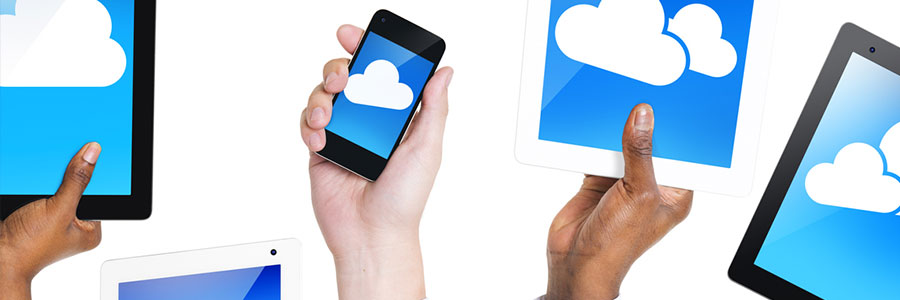Although digital communication tools let businesses connect with customers and other stakeholders in an efficient manner, telephones are still used to communicate with important business stakeholders. And for many organizations, determining whether to use internet phones or legacy systems remains a concern.
Successful cloud migration for unified communications

There are several benefits to migrating your unified communications (UC) to the cloud. These include better business agility, disaster recovery, greater mobility, increased efficiency and reliability, and better customization, just to name a few. To ensure that cloud migration is successful, your organization needs to do the following.
Improve communication by dealing with VoIP issues
How much does a VoIP system cost?

There are so many VoIP phone systems in the market that you’re bound to come across a few with similar features and add-on services. This might tempt you to compare their prices and purchase the more affordable option. But don’t just look at the initial price of the VoIP system; you must also look at the total cost of ownership (TCO).
What is TCO?
TCO is the overall sum of procuring, deploying, and operating a VoIP system over its life cycle, which is typically five years.
VoIP and remote work: The perfect combination
5 Ways to benefit from VoIP phones
Advantages of call recording
VoIP hardphones or softphones for SMBs?
How to choose the best VoIP system for your SMB
Which VoIP service is best for you?

Is it better for your company's Voice over Internet Protocol (VoIP) system to be on-premise or cloud-based? What's the difference between a mobile VoIP client and a software-based application? What VoIP service is best for your business? The following compilation of VoIP options will help you answer these questions and choose the ideal service for your enterprise.








